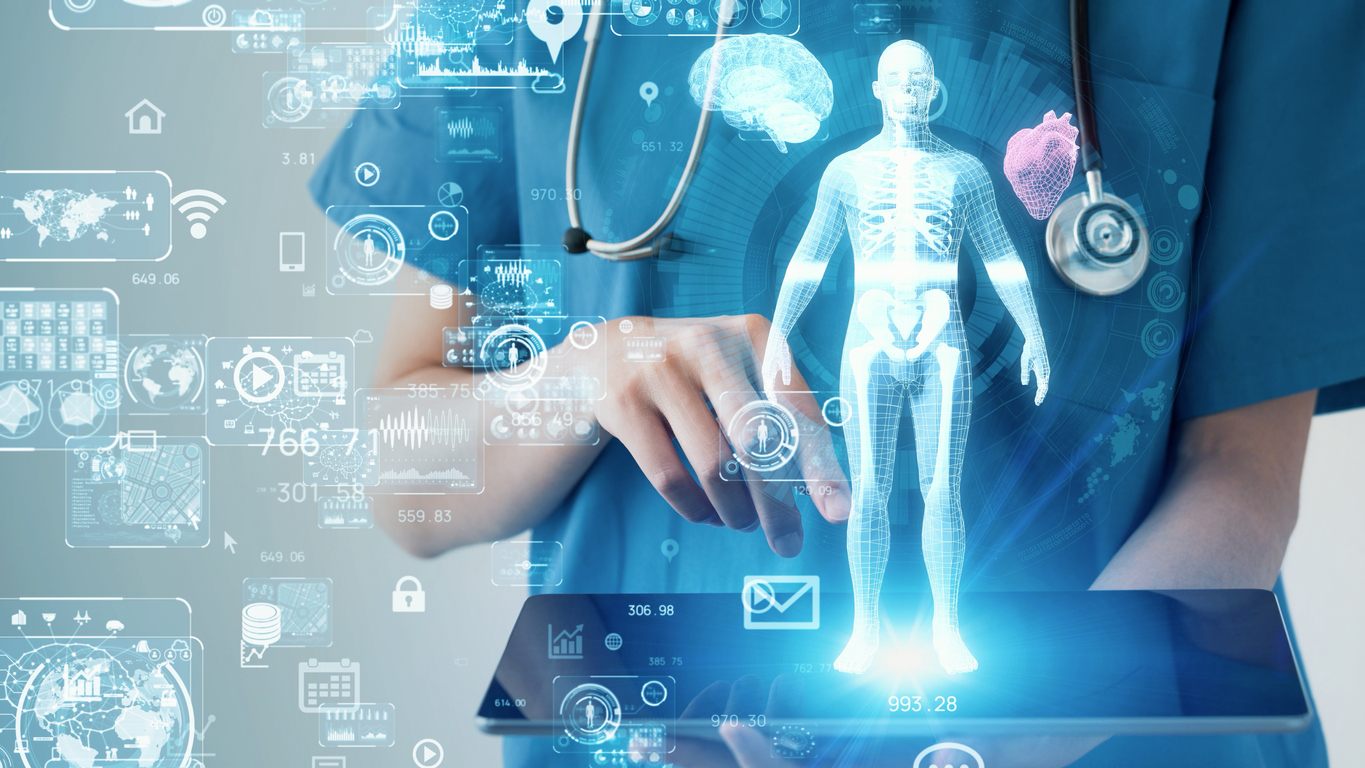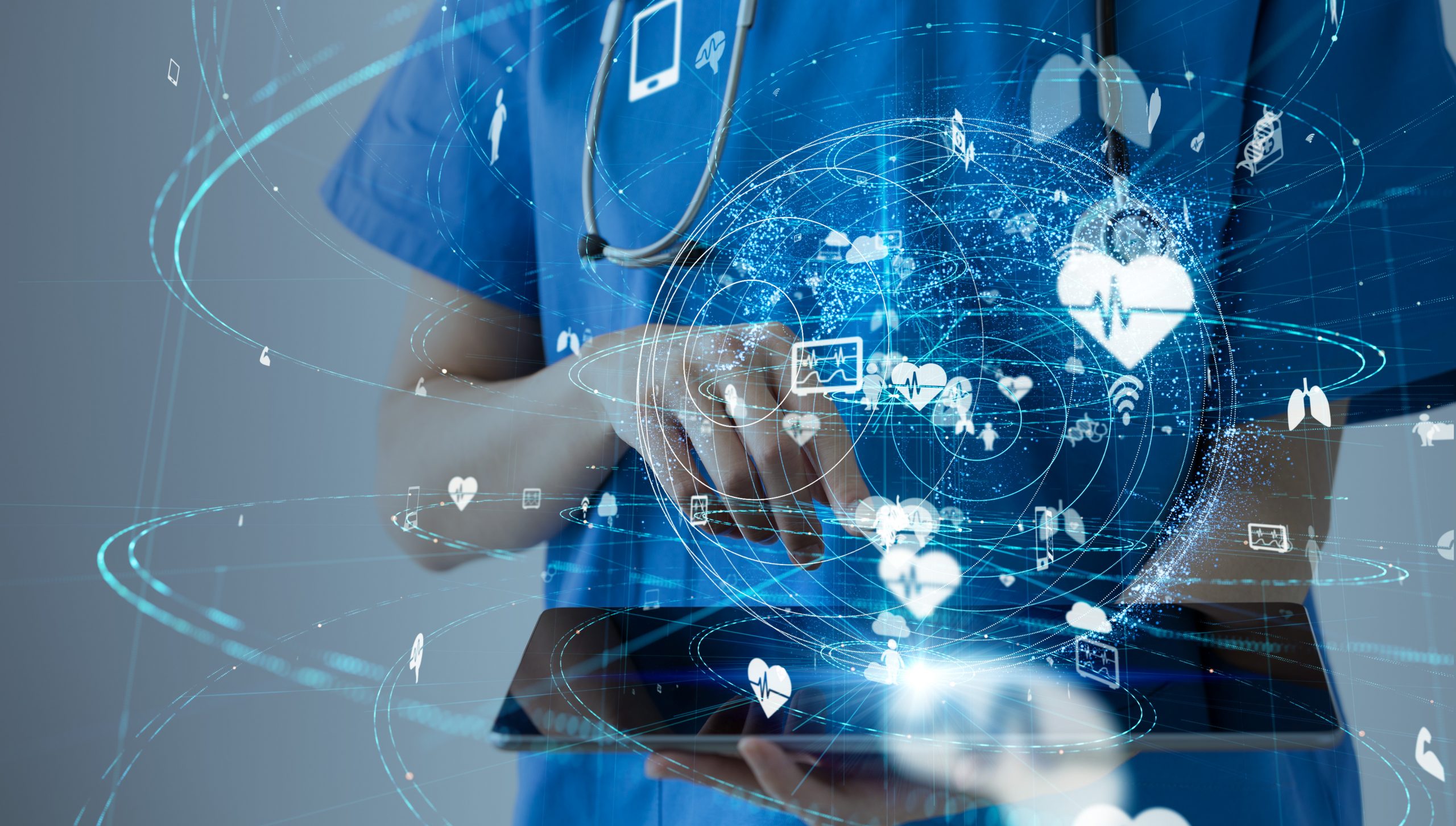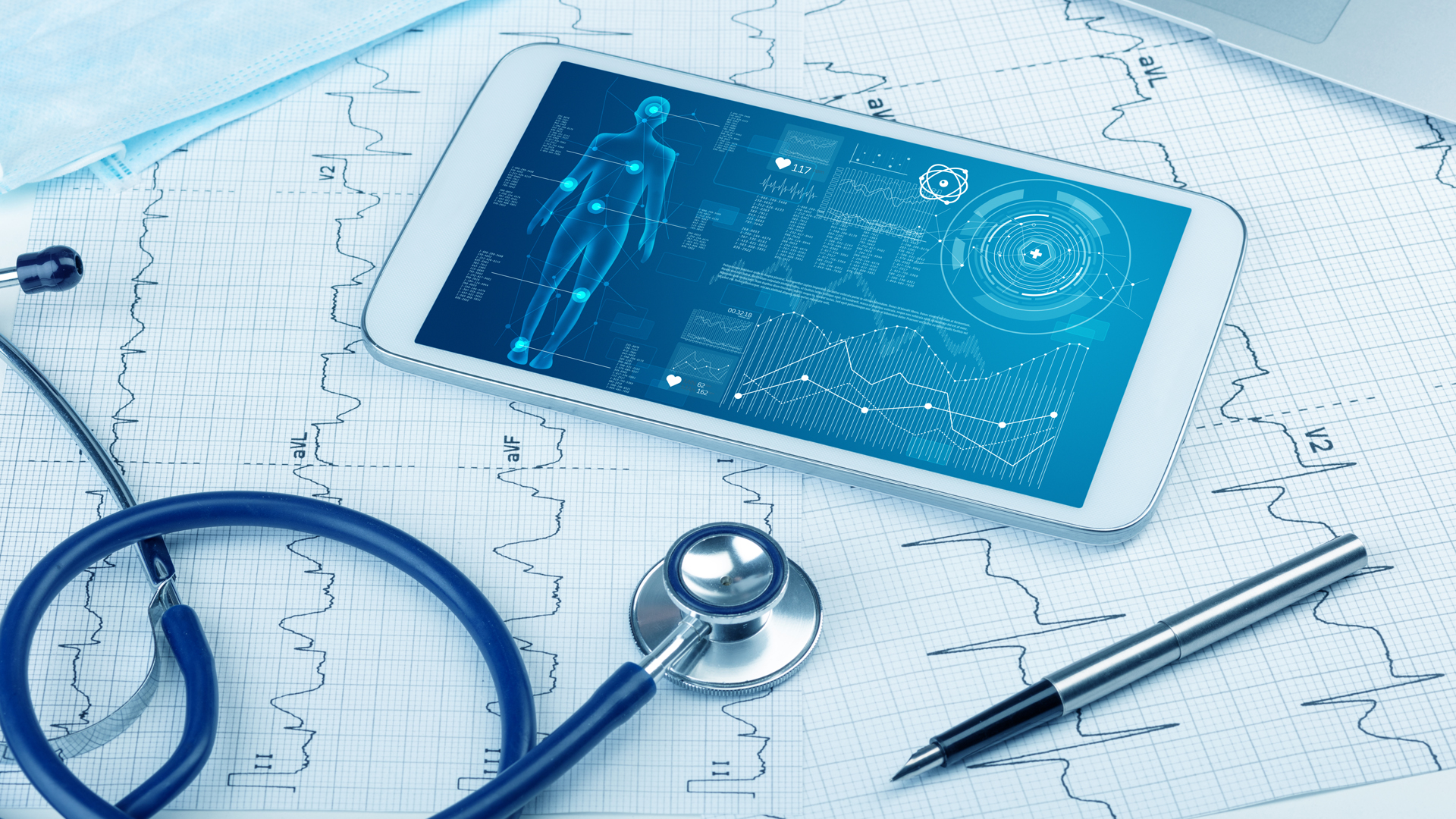As the Covid-19 pandemic continues to reshape the world, one of the most significant changes has been the rapid adoption of digital health technologies. From telemedicine to mobile health devices, the intersection of tech and health is transforming healthcare and improving patient outcomes.

Telemedicine: A Permanent Fixture in Healthcare
Telemedicine has experienced a surge in popularity during the pandemic, with legislative and regulatory changes making it a permanent fixture in healthcare provision. The Drug Enforcement Administration has proposed permanent rules for prescribing controlled medications via telemedicine, and the global telehealth market is predicted to grow from $690 million in 2015 to $3.8 billion by 2030. The NHS Long Term Plan also aims to increase telemedicine appointments to free up capacity in hospitals.

Mobile Health Devices: Revolutionizing Patient Monitoring
The market for mobile health devices is rapidly evolving, with the development of smartphones, wearable watches, patient monitoring devices, and even rings and wristbands that monitor patient vital signs. Health portals are allowing patients to access their medical records, laboratory results, and message physicians, set up appointments, and renew prescriptions online. However, data from mobile health devices often remain in company databases and are not transmitted to other health records, posing privacy and security risks for patients.

Big Data and Artificial Intelligence: Unlocking New Possibilities
Big data and artificial intelligence (AI) are playing an increasingly important role in healthcare, with computer algorithms interrogating data for information and relationships that may not be obvious. E-health, an emerging field at the intersection of medical informatics, public health, and business, refers to health services and information delivered or enhanced through the internet and related technologies. M-health, or mobile health, is the practice of medicine and public health supported by mobile devices.

Empowering Women and Girls in the Digital Age
As digital health technologies continue to advance, it is essential to ensure that they are accessible and beneficial to all. The Commission on the Status of Women has discussed the theme of “Innovation and technological change, and education in the digital age for achieving gender equality and the empowerment of all women and girls.” Strong legislative, policy, and institutional frameworks rooted in gender-based data are critical to empowering women and girls on digital platforms. Technology must be made affordable for women and girls through programs, scholarships, and grants, taking into account factors such as class, race, disability, age, location, and gender identity.
